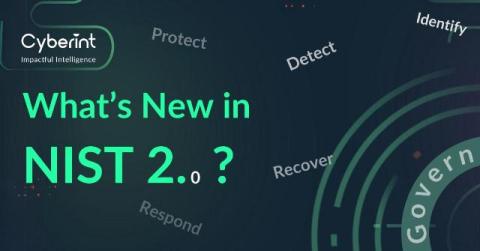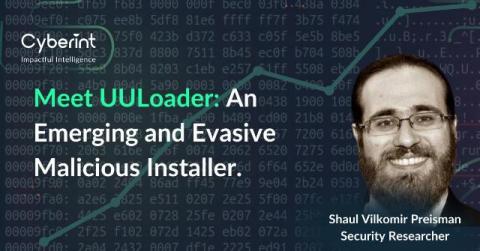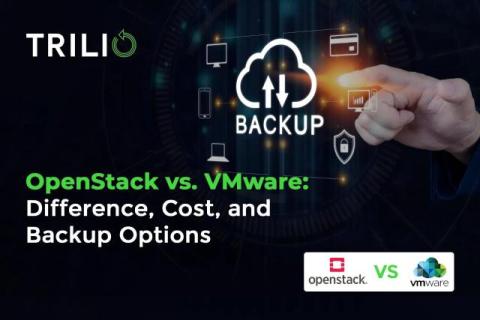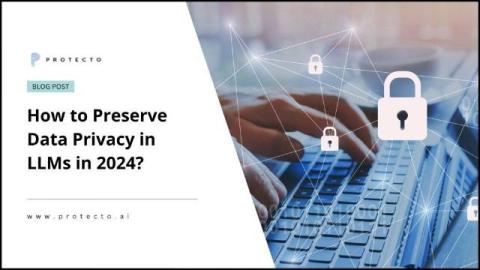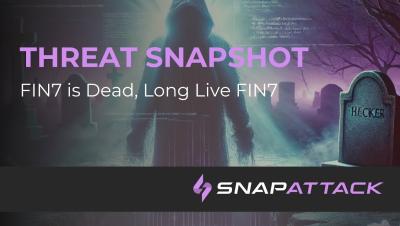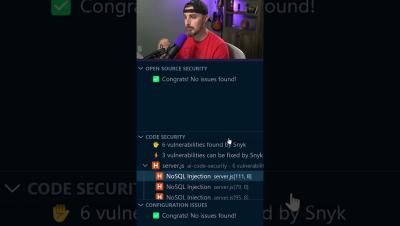What's New in NIST 2.0?
NIST has long been an important acronym in the world of cybersecurity, where organizations have for years used the NIST Cybersecurity Framework to help guide their security investments. But the practices and controls associated with NIST have evolved recently, due to the release of NIST 2.0. If you’re stuck in the era of NIST 1.x, it’s time to adapt.


